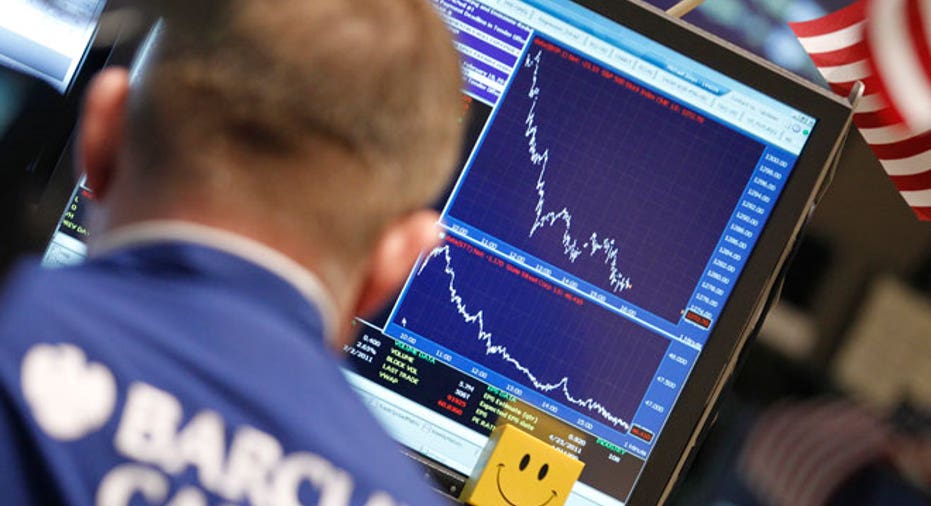Election-inspired Stock Market Volatility Is Overblown

Investors might want to take a break from the polls and position themselves to ride out what's likely to be a short burst of volatility after Tuesday's presidential election.
Stocks finished the week lower Friday, with the S&P 500 index logging a nine-day losing streak, its longest in almost 36 years. See:What happens after the S&P 500 falls 9 days in a row?
For the week, the Dow Jones Industrial Average fell 1.5%, the S&P 500 shed 1.9%, and the Nasdaq Composite dropped 2.8%.
While volatility in the form of the CBOE Volatility Index has surged 69% over the past month, the S&P 500 has only declined about 3% over the same period. That magnitude a jump in the VIX without a larger stock selloff suggests cautious positioning in options rather than a panic.
Following a revival of Democrat candidate Hillary Clinton's email troubles, Clinton's average poll lead of about 7 points in mid-October over Republican candidate Donald Trump withered to 1.6 percentage points by Friday, according to RealClear Politics.
Most investors have already positioned themselves to ride out any post-election volatility that hits, said Scott Wren, senior global equity strategist ar Wells Fargo, in a recent note
"We believe there is only the slimmest of possibilities that the new president will be able to change the trajectory of the economy over the first 12 or 18 months that he or she is in office. The market knows this," Wren said. "When the result of the vote is made public, after an initial period of increased volatility, we think the market will quickly focus on what the outlook for the economy and earnings will be over the next six to 12 months."
Noting that investors are drawing parallels between the U.K.'s surprise vote to leave the European Union in late June and the presidential election, Brian Belski, chief investment strategist at BMO Capital Markets, said investors should take prognostications with a grain of salt.
"[W]e continue to believe investors and the masses alike are giving odds makers, polls, and surveys way too much credit. We believe this is driven by society's constant desire to know everything right now, instead of allowing actualities and certainties to develop," Belski said.
"However, to be fair, we do believe it is prudent to accept and discern that the level of angst regarding this year's election will not necessarily dissipate on Nov. 8, 2016," he said. "As such, it makes no sense from a portfolio strategy perspective to employ major shifts in positioning prior to seeing the actual results."
With battles for the presidency and the Senate too close to call, Belski offered up a historical overview of how the market has performed given which party was in control of what branch of government:
Fear that the election will be contested, or a repeat of the 2000 election except with a four-to-four divided Supreme Court, after Nov. 8 is a dominant fear for markets, but it exists as an outlier, according to Tobias Levkovich, chief U.S. equity strategist at Citigroup.
Levkovich said "the (implausible) possibility of a 'hung jury' exists in the form of no winner achieving the required 270 Electoral College votes and the decision would then be made by the House of Representatives or the potential for Trump being unwilling to concede defeat with his supporters fighting what they deem to be a 'rigged' election."
Still some earnings left to report
As earnings season drawing to a close with more than 70% of the S&P 500 having already reported, it appears that companies have overcome the expected loss for the third quarter and are tracking a gain of 2.7%, taking into account reported earnings and estimates for companies that have yet to report, according to John Butters, senior earnings analyst at FactSet.
Should that hold, it will be the first year-over-year gain since the first quarter of 2015, an effective shift away from the earnings recession.
Fewer companies are referring to the election in their conference calls this year compared with the same time in 2012: Only 80 companies this time around compared with 100 four years ago, Butters found. Industries where the election came up were clustered around financials, consumer discretionary and industrials, and only 40% of the companies that mentioned the election did so in a way that was negative to their business, Butters said.
By Wallace Witkowski



















